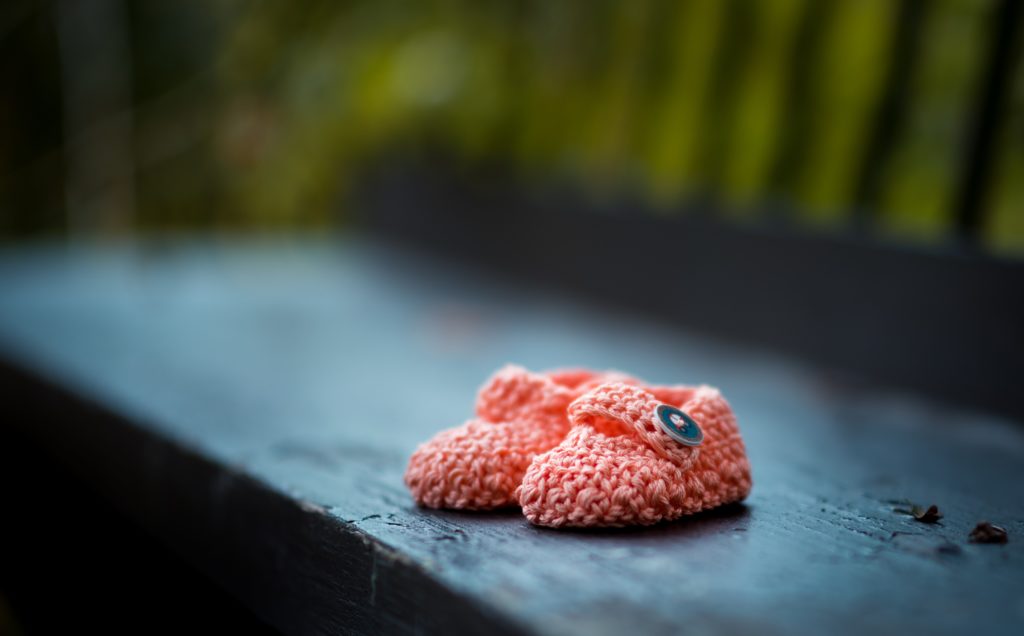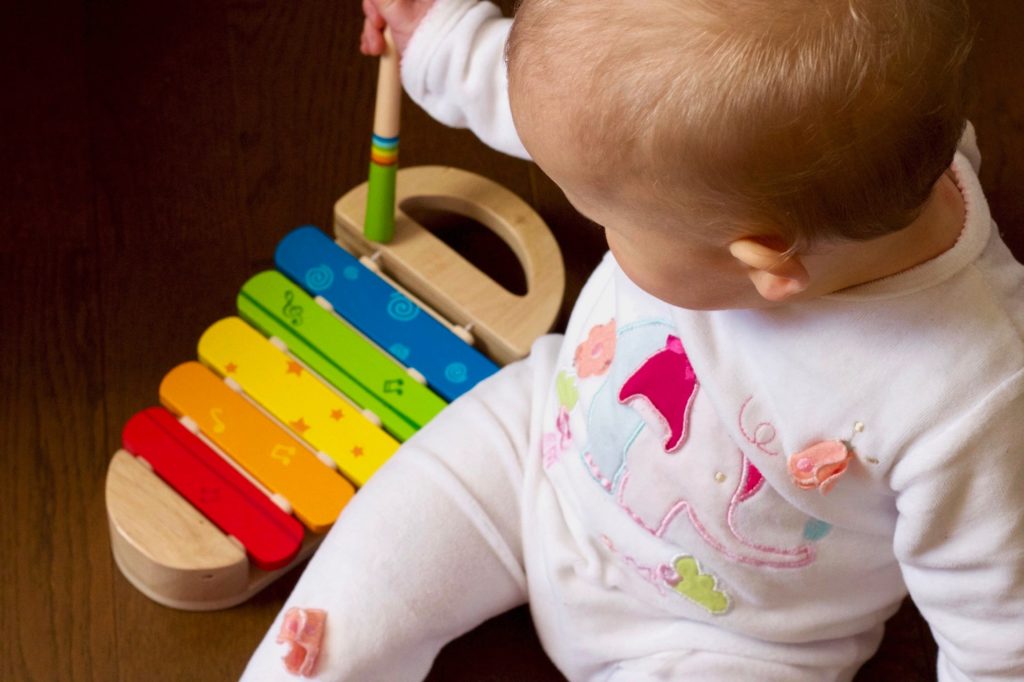Baby vocabulary in Greek Posted by Ourania on Oct 25, 2021 in Uncategorized
Γεια σας! This post is about babies in Greece. If you are related to a Greek family, perhaps you have noticed that the Greek culture is “baby”-centered. I tried to write facts without giving my personal opinion nor judging the Greek culture.
These are some interesting facts about babies:
#1. βάπτιση versus ονοματοδοσία: βάπτιση means christening. It is optional. Ονοματοδοσία (name-giving) is an action which takes place at the registry. The parents (or parent) have to sign the birth certificate and to declare the name of their baby. The christening does not substitute the process of ονοματοδοσία. However, parents who plan to have their child to be baptized, they do not call the baby by his or her name. The most common nick names for babies are “μπέμπης” (baby boy) and “μπέμπα” (baby girl).
#2. Μονογονεϊκές οικογένειες (single parent families) are still very rare in Greece.
#3. A great number of parents rely on the help of their parents (οι παππούδες του μωρού, the baby’s grand father and grand mother) when they have a baby. The grand parents support financially or by “working” as cooks and baby-sitters. There are a lot of reasons why the chain of eternal reliance on the parents has not been broken yet, but this is not the topic of this post.
You can find more information here.
Verbs and expressions about babies:
#1. Το μωρό τα ‘κανε: a colloquial expression used when a baby has defecated.
#2. μπουσουλάω: to crawl. It is used only for babies.
#3. κάνω νάνι / πάω για νάνι: to go bye-bye
#4. αλλάζω πάνα: to change diaper
#5. κλαίω / βάζω τα κλάματα: to cry
#6. βγάζω δόντια: to develop teeth (To μωρό βγάζει δόντια).
#7. σκουπίζω το μωρό: to wipe the baby-sit
#8. κάνω μπάνιο στο μωρό: to wash the baby
#9. λούζω το μωρό: to wash the baby’s hair
#10. θηλάζω: to breastfeed
#11. Το μωρό έβγαλε την πιπίλα: the baby weaned from the pacifier
#12. νανουρίζω: to sing a lullaby
And this is the answer key to the quiz of the previous post
1.
α. κόπηκε
β. άρχισαν, κρύφτηκε
γ. κρυβόταν, άκουγε
δ. ανακοίνωσε
ε. έγιναν
στ. οδηγούσα, άρχισε
ζ.κοιμόταν, ξύπνησε, πλημμύρισε
η. βρισκόταν, ξέσπασε
2.
1.στ
2. α
3. ε
4. γ
5. β
6. δ
7. θ
8. ζ
9. η
10. ι

Build vocabulary, practice pronunciation, and more with Transparent Language Online. Available anytime, anywhere, on any device.






Comments:
Laura Blumenthal:
Γεια σας
Ευχαριστώ πάρα πολύ για το blog και για της απαντήσεις στο προγούμενο post, αλλά έχω δύο ερωτήσεις:
1) Είναι δυνατόν να γράφουμε “γιατί πλημμύριζε ο κήπος τους” για το ζ, η πρέπει να είναι “πλημμύρισε”;
2) Δεν καταλαβαίνω πως το 6 πάει με το δ αφού αλλάζει το πρόσοπο: Μπήκαν σε ένα φούρνο και περίμενα να σταματήσει η καταιγίδα.
Μπορείτε να μου τα εξηγείτε;
Laura 3:)
Laura Blumenthal:
Please ignore my previous comment on this one – I had not seen your responses on the last one.
Nina Liakos:
κάνω νάνι / πάω για νάνι: to go bye-bye
I thought κάνω νάνι meant “I go to sleep”.
Ourania:
@Nina Liakos I thought “to go bye-bye” is baby talk. Κάνω νάνι is also baby talk.